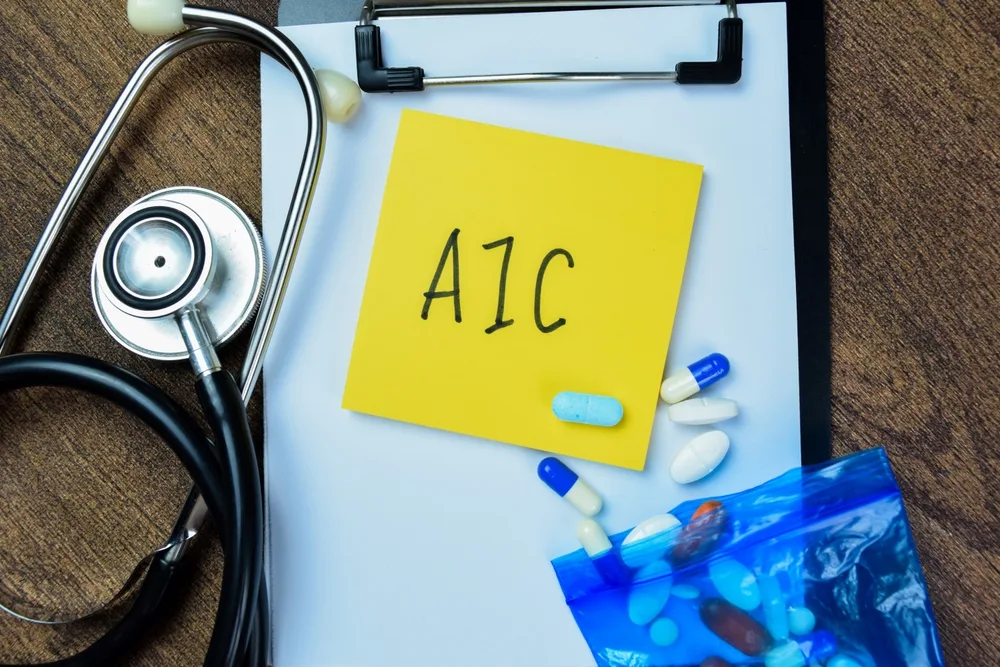
If it is past January 15th then chances are you have missed the open enrollment window for healthcare coverage in the U.S.
This healthcare coverage is different from coverage you may receive from an employer, as they often have their own enrollment policies.
For those purchasing healthcare policies from their state’s healthcare marketplace (not including Medicare, CHIP, or Medicaid) there are only certain times a year when you can purchase a policy or make changes to your current policy.
However, there are exceptions made. If you have missed open enrollment, it might not be too late to still get some type of coverage. Here’s how.
Option 1: Live in a Specified State
You might live in a state where enrollment rules are different. If you live in Massachusetts, Connecticut, New York or Minnesota, for example, then you can typically enroll anytime.
There are some stipulations. In Massachusetts, for instance, you must be newly eligible or have never enrolled before.
Connecticut is the only one of those states mentioned that allows you to enroll anytime regardless of former enrollment status.
So, what do you do if you do not live in those states? There are still a few additional options available.
Option 2: Have a Qualifying Life Event
A qualifying life event (QLE) is an event that changes your personal situation drastically. Some examples that qualify include:
- Getting married
- Having a baby
- Loss of coverage
- Turning 26 and losing a parent’s coverage
- Getting divorced
You can also receive a special enrollment period if you are moving to a different zip code, have become a student, or you are a seasonal worker and moved.
Those living in subsidized housing and who have transitioned out of that type of federal housing might also qualify for an enrollment period.
If you have lost your job, or were just released from prison you also qualify for enrollment outside of the open enrollment period. This enrollment period outside of the open enrollment period is often referred to as a special enrollment period (SEP).
Make Sure You Have Proof of the QLE
If you plan to purchase your new insurance via the healthcare marketplace then be prepared to provide proof of your qualifying life event.
That could mean your marriage license, divorce decree, or your termination letter from your job. If you live in a state that runs its own healthcare exchange, as opposed to the federal healthcare marketplace, then the requirement for proof is at the discretion of the state.
In almost all instances you are only allowed to elect coverage at the same level you formerly had. Additionally, if you have lost your coverage due to a job loss or change of employment you may be required to show proof of your former insurance.
This allows the adjusters to place you into a similar plan.
Enrollment Periods for Medicare, Medicaid or CHIP
Medicare, Medicaid and CHIP are handled differently because they are different federal programs. These programs are federally and state funded but disbursed by the state.
CHIP eligibility is extended only to children under the age of 19 in each state. Medicaid is available for enrollment at any time. Medicare is offered to those who newly qualify when they are about to turn retirement age.
Thereafter, however, there is a specified enrollment period for Medicare. Keep in mind that for CHIP and Medicaid, if your income rises, you can be dropped from the program. You can receive a SEP so you can obtain coverage through your state’s marketplace.
Option 3: Select an Alternative Insurance Type
There are several coverage plans that are not technically considered health insurance and therefore are not regulated by the American Care Act. These include ministry cost sharing and Farm Bureau plans.
The type of healthcare coverage offered through various sharing ministry plans is often a good fall back if you cannot obtain coverage any other way. These types of organizations are generally religious groups who share medical costs among the members.
As a general rule, these types of policies have a lower monthly premium, but the coverage varies from one organization to the other. Since it is not regulated by the government, pre-existing conditions can be considered.
The Farm Bureau is an insurance company operating in Tennessee, Iowa, Indiana, Kansas, Texas and South Dakota. You can purchase this type of insurance if you can pass the medical underwriting requirements. The enrollment period for this type of coverage is year-round.
Option 4: Short-Term Health Plans
The healthcare marketplace, and most state-run healthcare platforms, offer a type of short-term insurance.
This is because many insured individuals may find themselves losing their coverage due to a job change and their new insurance from the new job will not kick in for several months. This can allow you to remain covered while you wait for the new insurance to take effect.
Short-term health plans are generally limited to just one year in length, and after that time you can only get it for three months at a time annually.
This may not be a great option if you are just looking for some sort of low cost healthcare. If you elect for a short-term healthcare plan, you do not usually qualify for subsidies even if you would have qualified in another type of qualified plan.
Obtain Subsidized Healthcare if you Missed Open Enrollment
Even if you missed open enrollment, you may still qualify for subsidies. This is dependent on several factors.
First, did you have a qualifying life event? If so, then you are allowed to go through the enrollment process as if it were open enrollment. This means you also may be offered subsidies if you qualify.
However, if you have a qualifying life event, but do not qualify for subsidies because of income, then it will not matter if you missed enrollment or not. The same criteria is used during special enrollment periods as are used for open enrollment periods.
By Admin –



